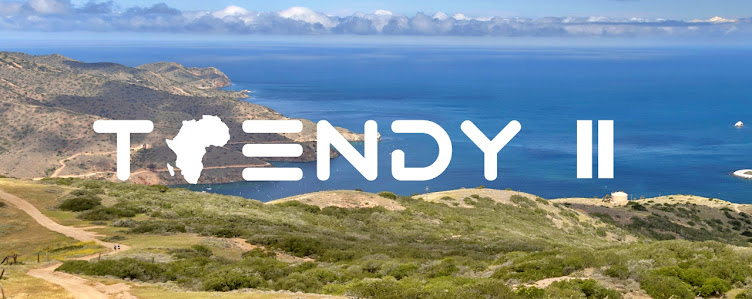Africa's largest economy, Nigeria, has officially
entered a recession following two consecutive quarters of contraction in the
nation. GDP shrank by 2.06% in the second quarter of 2016, following on from a
0.36% shrinking in the first quarter of the year, according to data released by
the country's National Bureau of Statistics (NBS) on Wednesday.
Those two
consecutive quarters of economic shrinkage mean that the country is now in its
first recession in more than 20 years. Recession in Nigeria may be an unwelcome
development, but it is not unexpected. Earlier in the year, Godwin Emefiele,
the governor of the Central Bank of Nigeria warned that "recession was
imminent".
The big driver of the slump in the Nigerian economy,
which was one of Africa's great success stories until recently, has largely
been the persistently low price of oil over the past two and a half years.
Nigeria relies heavily on oil and is the largest producer of the commodity on
the continent, producing roughly 2.4 million barrels per day. Given that oil's
price has slumped from more than $100 per barrel in 2014 to roughly $48 now, it
is perhaps unsurprising that the country has struggled for economic growth.
The International Monetary Fund has also warned on
the state of the country's economy, forecasting that growth will shrink by 1.8%
over the course of 2016.
Source:
Financial Times reports










